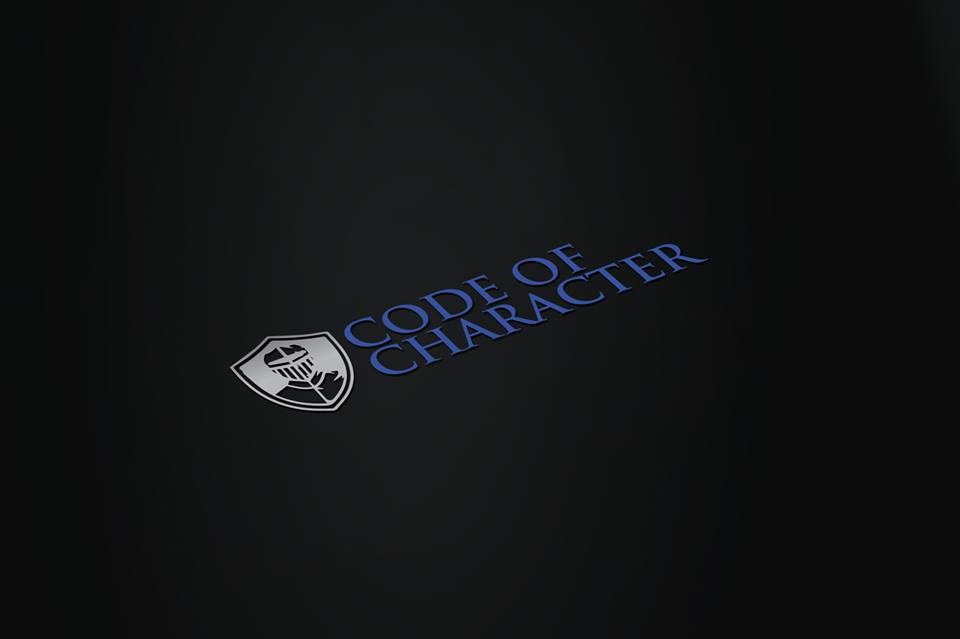Many of us today consider ourselves relativity calculating and smart, we are enlightened and we are moving forward with care, consideration and appreciation of our values.
Then we get angry and it all gets thrown out the window.
We can snap sometimes, and this causes us to no longer consider consequences, or take us to the edge of what we feel is acceptable – the idea of doing “what you can get away with”.
Usually, anger comes from a place of frustration; however anger in itself doesn’t have to be a negative emotion. You can use anger as a platform from which to launch yourself from a bad situation.
This would be constructive anger, sometimes its need, sometimes the fire burns within and the anger acts as a form of motivation which pushes you on. It’s important we all hold that flame within so that when our back is against the wall we can use it to our advantage.
Anger begins an issue however, when it turns toxic. When what you do and say causes problems for other people or gets you into bad situations then you are at a point you don’t want to be at – your emotions are now controlling you.
When you get yourself into this situation not only are your emotions controlling you, but when it becomes and regular occurrence then other people start trying to control and manage you as well, they might not be their true selves around you in an effort to avoid your anger or they might try to assert dominance over you to ensure they keep you in check.
Either way, you can find yourself being manipulated by others in an effort to control your negative anger.
How do you know when your anger is becoming a problem for those around you? There are two things to keep an eye on:
- They will tell you – Most people will let the occasional slip go, if you snap at someone when you’re having a ‘bad day’ (although this isn’t acceptable as again you are letting your emotions get the better of you) then they will generally realise this and let it go. Eventually however, if it becomes a regular occurrence people will start to pull you up on your attitude.
- You fall out with more people than most – If you find yourself consistently arguing and falling out with friends, relatives and colleagues then there is a possibility here that your attitude is one of the key issues here and something you need to consider.
- Awareness of the reactions of others – If people actively change their reactions to you, or try to avoid you then the likelihood is you are the problem.
At this stage, it’s important to re-iterate that anger isn’t always a negative emotion, but you should be able to use your anger in a controlled way. If you find yourself struggling to control your anger there are many techniques that you can use, but the main thought at the forefront of your mind should always be respect for others.
If what you are going to say or do is disrespectful then the chances are it is guided by anger. Take a step back and think about the implications.
If you find yourself quick to anger, then the best possible solution to this is simply by giving yourself distance from the situation and allowing your thoughts to become clear and your perspective to settle.
